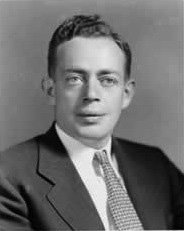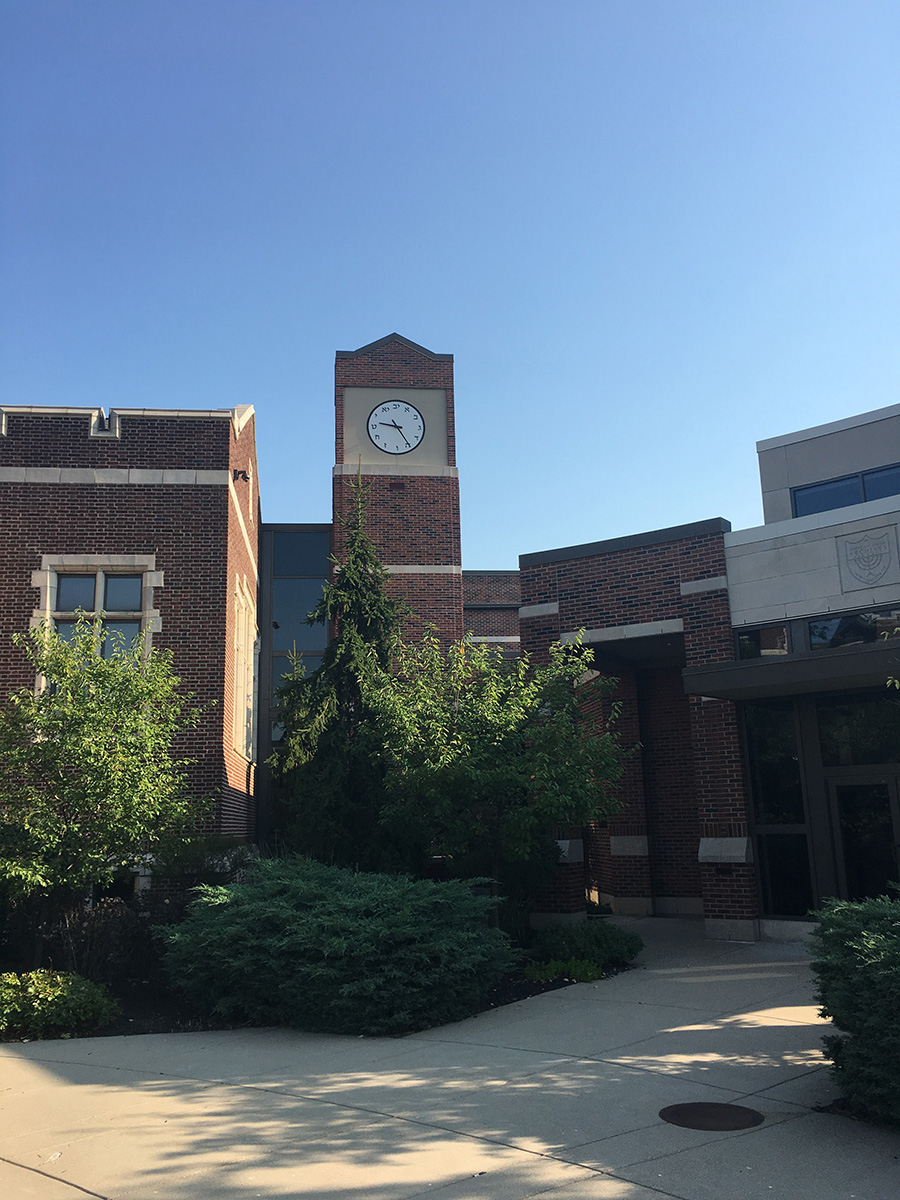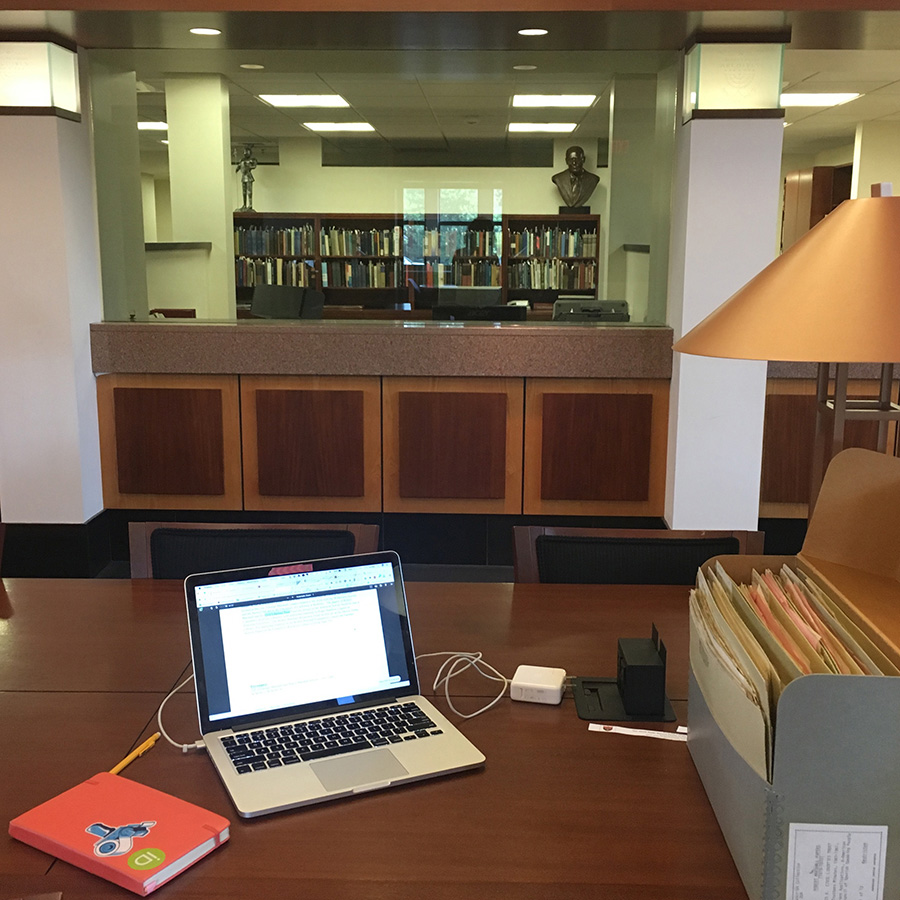By: Eira Tansey
 Over the last couple years, I’ve been exploring the relationship between record keeping, archives, and environmental policy. Right now, I’m shifting my research gears towards the role of recordkeeping practices in the formulation and enforcement of environmental policy.
Over the last couple years, I’ve been exploring the relationship between record keeping, archives, and environmental policy. Right now, I’m shifting my research gears towards the role of recordkeeping practices in the formulation and enforcement of environmental policy.
To understand how we’ve arrived at today’s environmental problems and policies, it’s helpful to go back to the past and look at one of the most influential periods of federal action on natural resource protection. During Roosevelt’s New Deal, major environmental protection projects were undertaken, as well as the introduction of a major federal regulatory state. The Civilian Conservation Corps employed thousands of young men to build trails and buildings still in use today, as well as undertaking environmental restoration projects such as reforestation. While most of today’s major federal environmental laws have their roots in the 1970s, the legal foundation for federal action to be taken on issues that no state can resolve on its own can be traced back to many New Deal-era regulations.
 One of the most fascinating environmental advocates from the New Deal period was Bob Marshall. Marshall worked for federal government forestry efforts from the mid-1920s until the end of his untimely death in the late 1930s, and was a strong advocate for preserving wilderness areas. Bob Marshall was an avid hiker, and helped found the Wilderness Society with the founder of the Appalachian Trail, Benton MacKaye. Many of today’s hikers are familiar with the name Bob Marshall – he has a whole wilderness area in Montana named after him. But few are familiar with Bob Marshall’s work on behalf of civil liberties and organized labor. Marshall grew up in a family dedicated to Jewish social justice, and as an adult, Bob identified as an ardent socialist, and a strong supporter of civil liberties and civil rights. Marshall was public about his views, and was subjected to many investigations and allegations by early versions of the House Un-American Activities Committee. Marshall died suddenly in 1939, but the will prepared the year before his death directed half of his estate to go to labor organizations, a quarter to wilderness preservation, and the remaining quarter to establish a trust for civil liberties.
One of the most fascinating environmental advocates from the New Deal period was Bob Marshall. Marshall worked for federal government forestry efforts from the mid-1920s until the end of his untimely death in the late 1930s, and was a strong advocate for preserving wilderness areas. Bob Marshall was an avid hiker, and helped found the Wilderness Society with the founder of the Appalachian Trail, Benton MacKaye. Many of today’s hikers are familiar with the name Bob Marshall – he has a whole wilderness area in Montana named after him. But few are familiar with Bob Marshall’s work on behalf of civil liberties and organized labor. Marshall grew up in a family dedicated to Jewish social justice, and as an adult, Bob identified as an ardent socialist, and a strong supporter of civil liberties and civil rights. Marshall was public about his views, and was subjected to many investigations and allegations by early versions of the House Un-American Activities Committee. Marshall died suddenly in 1939, but the will prepared the year before his death directed half of his estate to go to labor organizations, a quarter to wilderness preservation, and the remaining quarter to establish a trust for civil liberties.
 I recently visited the American Jewish Archives (AJA) at Hebrew Union College, which is home to a small portion of Bob Marshall’s personal papers, and the records from the civil liberties trust established following his death. Additional collections of Bob Marshall’s papers are at several other institutions. Although the AJA collection is only 13 boxes, it contains many gems – some of his thoughts on free speech and the creeping tide of European fascism, but also touching letters from Marshall’s father requesting his son to check in following his latest adventure in Alaska, Idaho, or Montana. One of the notable sets of civil liberties trust records are records from grants to the National Congress of American Indians (NCAI). The Bob Marshall trust was one of the earliest sponsors of NCAI, and many of the records discuss NCAI’s efforts to secure tribal sovereignty rights in the face of the federal government’s termination policy. Securing sovereignty rights has been critical to tribes’ ability to protect their treaty lands and play an active role in environmental management.
I recently visited the American Jewish Archives (AJA) at Hebrew Union College, which is home to a small portion of Bob Marshall’s personal papers, and the records from the civil liberties trust established following his death. Additional collections of Bob Marshall’s papers are at several other institutions. Although the AJA collection is only 13 boxes, it contains many gems – some of his thoughts on free speech and the creeping tide of European fascism, but also touching letters from Marshall’s father requesting his son to check in following his latest adventure in Alaska, Idaho, or Montana. One of the notable sets of civil liberties trust records are records from grants to the National Congress of American Indians (NCAI). The Bob Marshall trust was one of the earliest sponsors of NCAI, and many of the records discuss NCAI’s efforts to secure tribal sovereignty rights in the face of the federal government’s termination policy. Securing sovereignty rights has been critical to tribes’ ability to protect their treaty lands and play an active role in environmental management.
While the best way to learn about the environment is usually to spend time outside, the complicated and labyrinthine world of environmental laws and regulations often calls for sitting down and working through records boxes in the archives. Although Bob Marshall’s archives are almost 100 years old, much in the topics he and his executors dealt with are still on our minds today.
